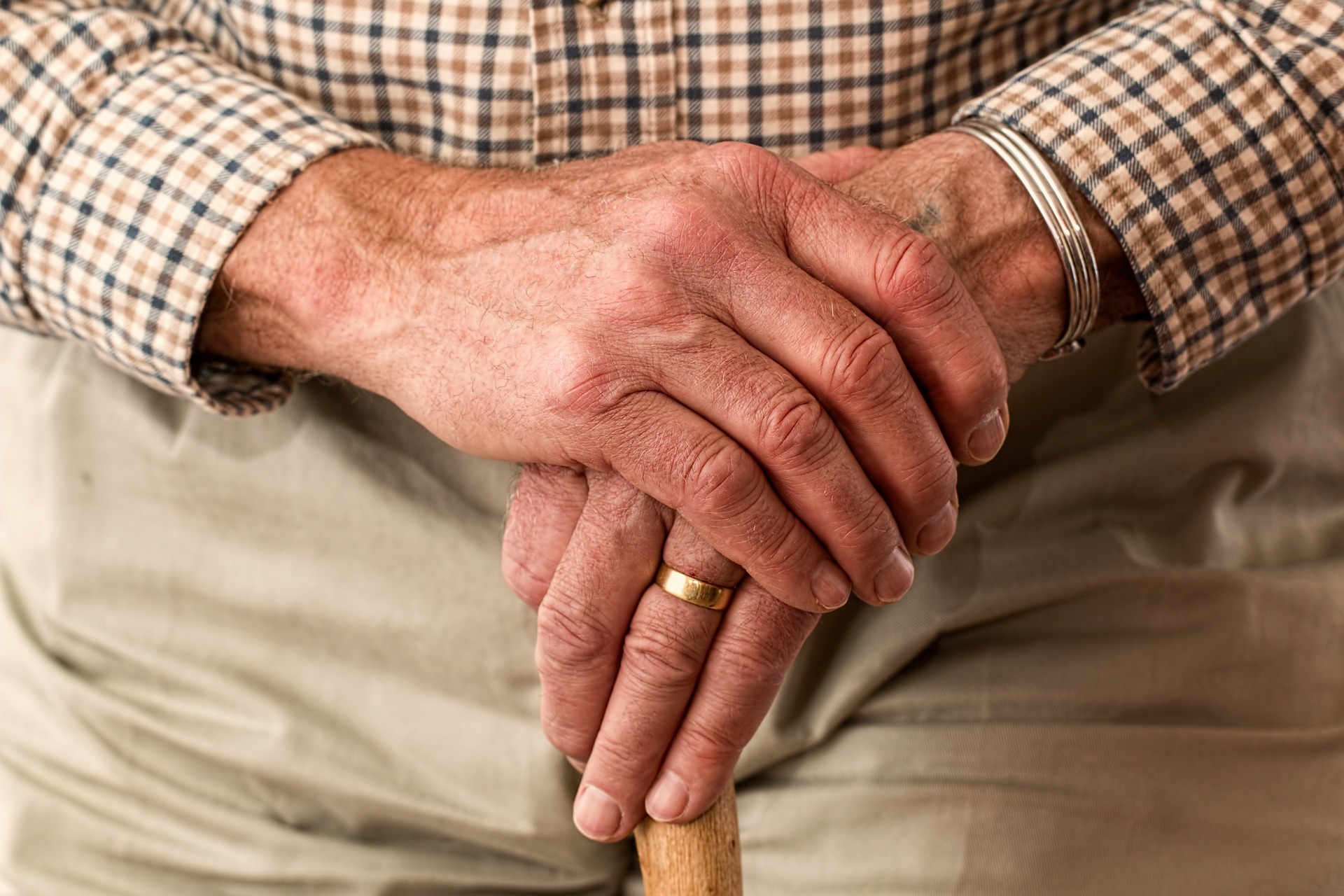News release
From:
Golden slumbers: shorter sleep in later life linked with multimorbidity
Adults over 50 who sleep for five hours or less per night have a greater risk of developing more than one chronic disease when compared to their peers who sleep seven hours, according to a study, published October 18th in the open access journal PLOS Medicine. With increases in life expectancy, living with multiple chronic conditions is common among older adults in high-income countries, and this research supports the promotion of good sleep hygiene in midlife and old age.
Sleep duration has been associated with individual chronic diseases but less is known about its association with multimorbidity — the co-occurrence of two or more chronic conditions. Séverine Sabia, of Université Paris Cité, Inserm and University College London, and colleagues took data from a cohort study established in 1985, and looked at self-reported sleep duration, measured at age 50, 60 and 70.
Of 7,864 healthy participants with sleep duration data at 50, those who slept five hours or less had a 30% greater risk of multimorbidity compared with those who slept seven hours. At 60, those who slept five hours or less had a 32% greater risk and at 70 had a 40% greater risk compared with seven hours per night. Shorter sleep at age 50 was also associated with a 25% higher risk of mortality, mainly due to its association with an increased risk of chronic disease. At age 60 and 70, sleeping longer than nine hours or longer was associated with higher rates of multiple chronic diseases, but there were only 122 participants who slept this long, and the longer sleep could be attributed to the chronic diseases themselves.
Self-reported data is not always reliable and there is a potential in the study that undiagnosed conditions could result in reverse causality. The ability to generalize the data is limited by the small proportion of non-white participants. The present study, along with evidence from previous studies shows the importance of sleep duration for good health at older ages.
Sabia adds, “Our study based on data on more than 7,000 men and women followed up for 25 years reports short sleep duration from mid to late life to be associated with risk of chronic disease and subsequent multimorbidity.”



 International
International



